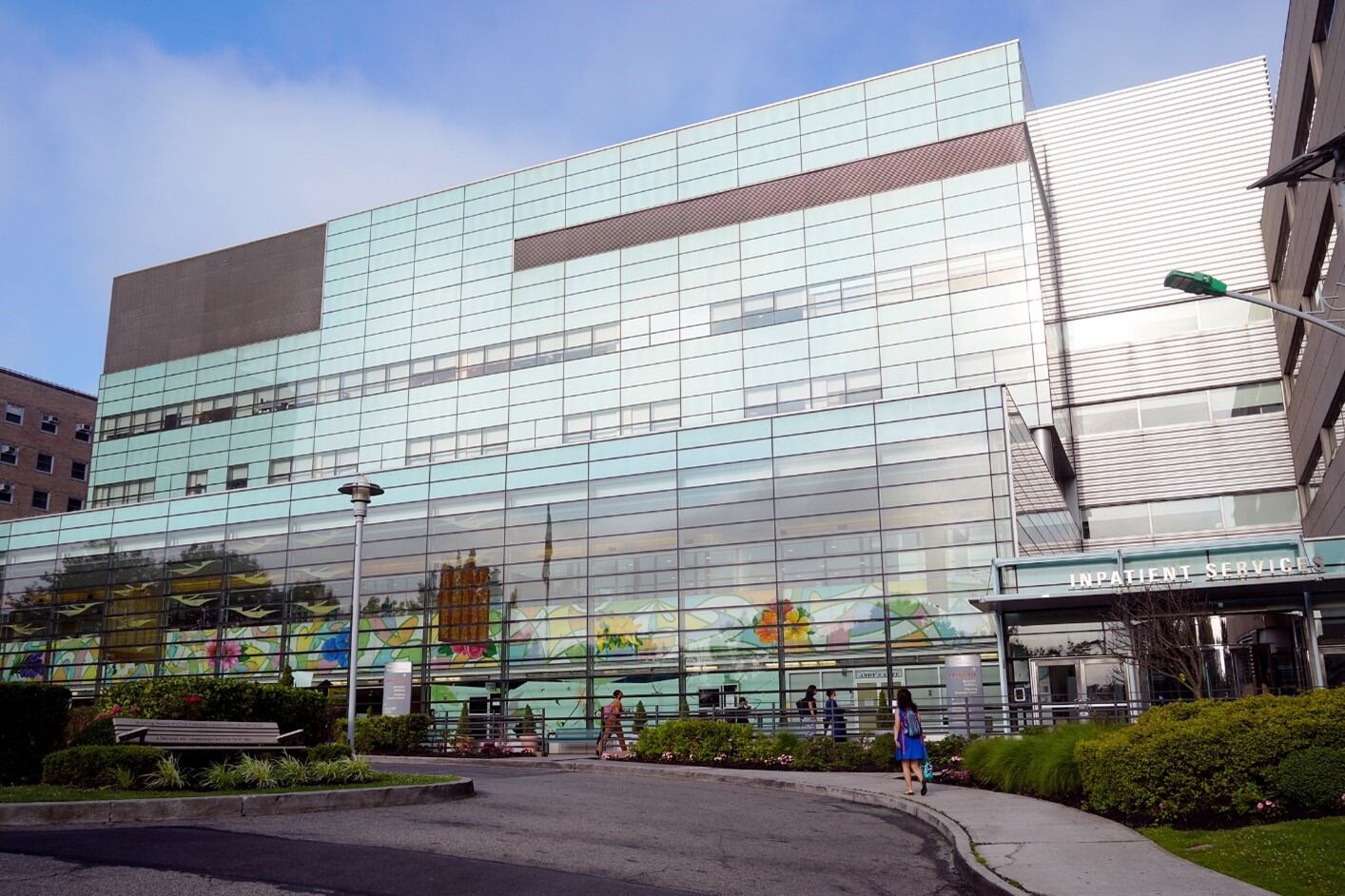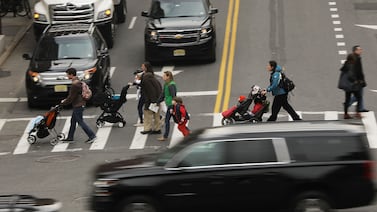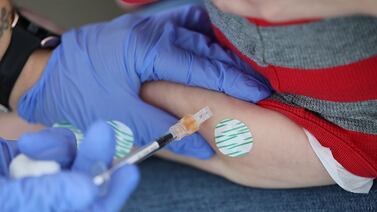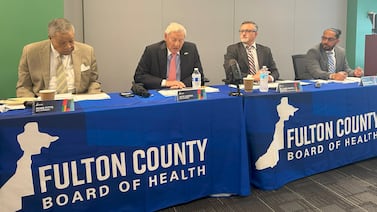Public health, explained: Sign up to receive Healthbeat’s free New York City newsletter here.
Physicians at multiple public hospitals in New York City reached a tentative contract agreement with their employers on Monday, avoiding a potential strike.
The tentative agreement includes “substantial” base salary increases, retention bonuses for years of service and for certain specialties, and the restoration of cuts to sick leave hours, according to Doctors Council SEIU, the union representing more than 2,500 attending physicians at NYC Health + Hospitals, the municipal health system.
Doctors Council members will vote on the tentative agreement this week.
“I am proud that this tentative agreement puts us on a path to enhance care — for our patients, our communities, and the dedicated doctors they entrust,” Dr. Frances Quee, a pediatrician and president of the union, said in a statement.
Nearly 1,000 doctors, who work at municipal hospitals but are employed through private affiliates, had been prepared to strike this month, calling attention to recruitment and retention issues. The potential strike would have affected four safety-net hospitals — South Brooklyn Health, Queens Hospital Center, North Central Bronx Hospital, and Jacobi Medical Center, also in the Bronx — and could have been the largest strike of attending physicians in city history.
Many physicians raised concerns about working conditions at their hospitals, including persistent short-staffing and a high patient load made more burdensome by systemwide directives to make patient appointments shorter. Last summer, the hospital system directed doctors to cut the length of patient visits from 40 minutes to 20 minutes.
Contract negotiations for the doctors had dragged on since 2023 and stalled in the fall. Earlier this month, Doctors Council SEIU announced a strike planned for Jan. 13, but delayed the action to Jan. 21 as negotiations continued with a mediator.
“We are extremely grateful to the mediator, Health + Hospitals, Doctors Council SEIU, and all parties involved for working diligently through the weekend and overnight to reach a tentative deal,” Liz Garcia, Mayor Eric Adams’ deputy press secretary, said in a statement. “Thanks to our efforts to help facilitate an agreement, this tentative deal will allow us to enhance our recruitment and retention of doctors in the city and ensure that New Yorkers can access the health care they need.”
Chris Miller, a spokesperson for NYC Health + Hospitals, said the tentative agreement was “fair to our physicians, while also addressing the shared goals of doctor recruitment and retention.”
“This agreement will ensure that we can continue to serve all New Yorkers who require health care, without exception,” he added.
On Friday, members of the New York City Council held an oversight hearing about the potential strike and the simmering issues within the municipal health system.
Dr. Mitchell Katz, the president and chief executive officer of NYC Health + Hospitals, voiced optimism that a contract deal could be reached. He also pushed back against doctors’ complaints about the shortened patient appointment system, which he said was necessary to handle increased patient volumes.
“We didn’t do this for money. We didn’t do this to make people’s lives harder,” he said. “We did this because there were 20,000 people waiting for a new primary care appointment.”
During the hearing, other doctors in the health system raised concerns about recruitment and retention, one warning of a “mass exodus” if conditions persisted. Many physicians called on NYC Health + Hospitals to pause its shortened patient appointment system.
Quee urged deeper investments in staff retention, noting that many physicians in the municipal health system live paycheck-to-paycheck.
“I know we are mission-driven, but at the same time, we also need to avoid the fact that a lot of our doctors are going to walk out of the job, and we’re going to be left with even more shortages,” she said.
Eliza Fawcett is a reporter covering public health in New York City for Healthbeat. Contact Eliza at efawcett@healthbeat.org .







